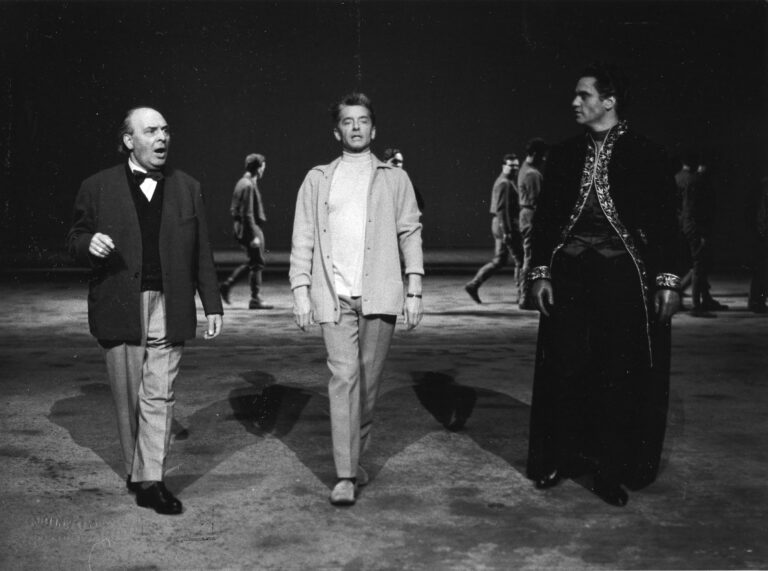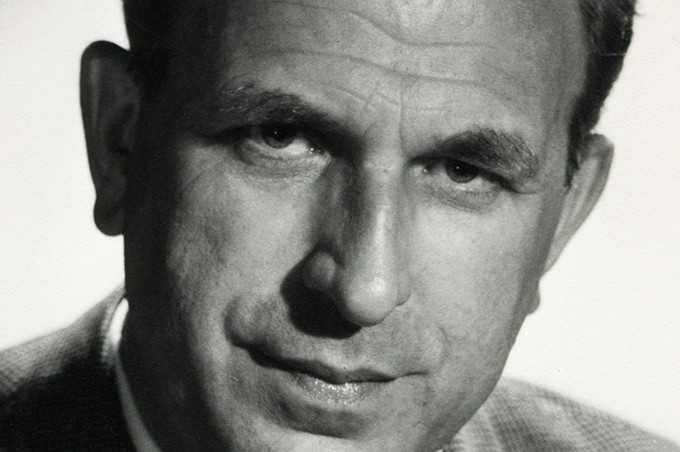03 February 2023
P.R. Jenkins
Spotlight Mozart: “The Magic Flute”

“The Magic Flute” was first performed in Vienna a few weeks before Mozart’s death in 1791, and since then characters like Papageno or the Queen of the Night and arias like “Dies Bildnis ist bezaubernd schön” or “Der Hölle Rache” are part of our cultural memory.
The setting of the fantastic story by Emanuel Schikaneder was one of Mozart’s last major works and has been the initiation to the world of opera for many generations of young music lovers. Today, “The Magic Flute” is arguably the most popular opera of all time. It had a special significance at several turning points in Karajan’s career (and because of his importance for the development of classical recording).
During a rehearsal for “The Magic Flute” Karajan stopped again and again, constantly criticising the Three Ladies. Suddenly one of them went centre stage and yelled her line “Die, monster!” Karajan replied: “Not on your life!”
Karajan conducted “The Magic Flute” 25 times between 1934 and 1942, among these performances was the 1938 Berlin production which “would rapidly assume legendary status. (…) What Karajan did, to near-miraculous effect if contemporary reports are to believed, was to draw from the orchestra a deft, light filled sound that perfectly complemented the stage pictures, the lighting, and the production’s inner mood. The singers, too (…) were lured by him into singing the opera with a lightness and ‘sotte voce’ beauty that must have struck traditionalists in the audience as being decidedly newfangled and ‘un-German’.” (Richard Osborne)

Karajan in 1938
Karajan’s first-ever recording in 1938 was the overture to “The Magic Flute” with the Staatskapelle Berlin – the beginning of his incomparable productivity in the following fifty years of recording. Listen to it here.
One of Karajan’s first complete opera recordings was the “Magic Flute” in Vienna in 1950. It features members of the legendary Viennese “Mozart ensemble” like Anton Dermota, Irmgard Seefried, Sena Jurinac and Erich Kunz. Gramophone wrote: “The performance is very good indeed, with Karajan handling this divine music with both delicacy and depth … and the orchestral playing is pure joy.”
In his years as managing director of the Vienna State Opera, Karajan was often criticized for something that is common practice today: performing operas in their original language. He produced Verdi and Puccini in Italian, Bizet and Debussy in French. When he planned to do “Boris Godunov” in Russian a violinist of the Vienna Philharmonic sighed: “What’s next? ‘The Magic Flute’ in German??”
This photo shows Karajan with Eberhard Waechter as Sarastro and with the legendary choir director Wilhelm Pitz rehearsing a production at the “Theater an der Wien” in 1962.

Karajan’s last recording of Mozart’s masonic fairy tale from 1980 is not only an artistic highlight but also a technical milestone in recording history. It was his first digital recording and it features José van Dam, Edith Mathis, Janet Perry and Francisco Araiza.
— P.R. JenkinsGeorg Markus: Schlag nach bei Markus. Amalthea Signum. Wien, 2011


